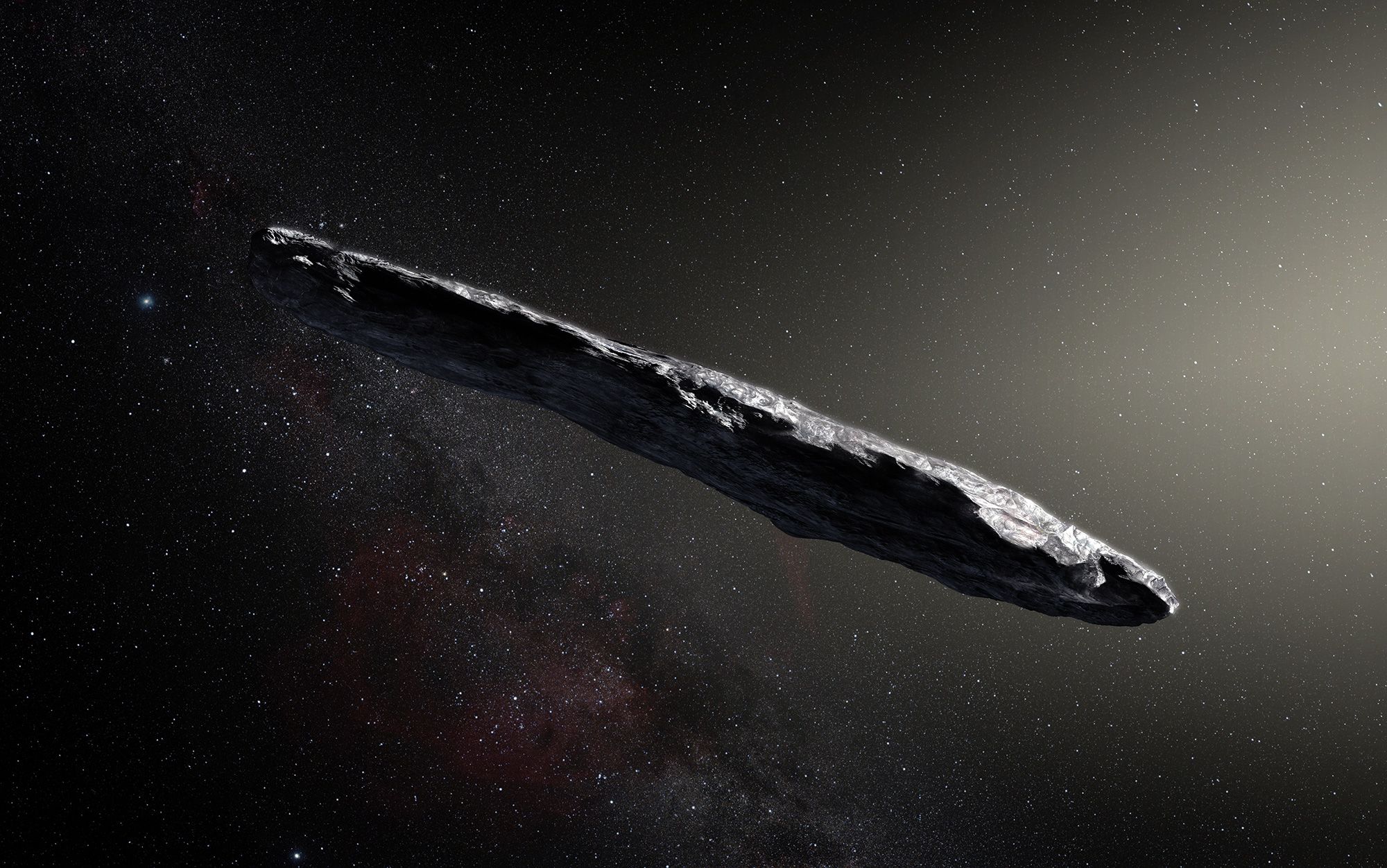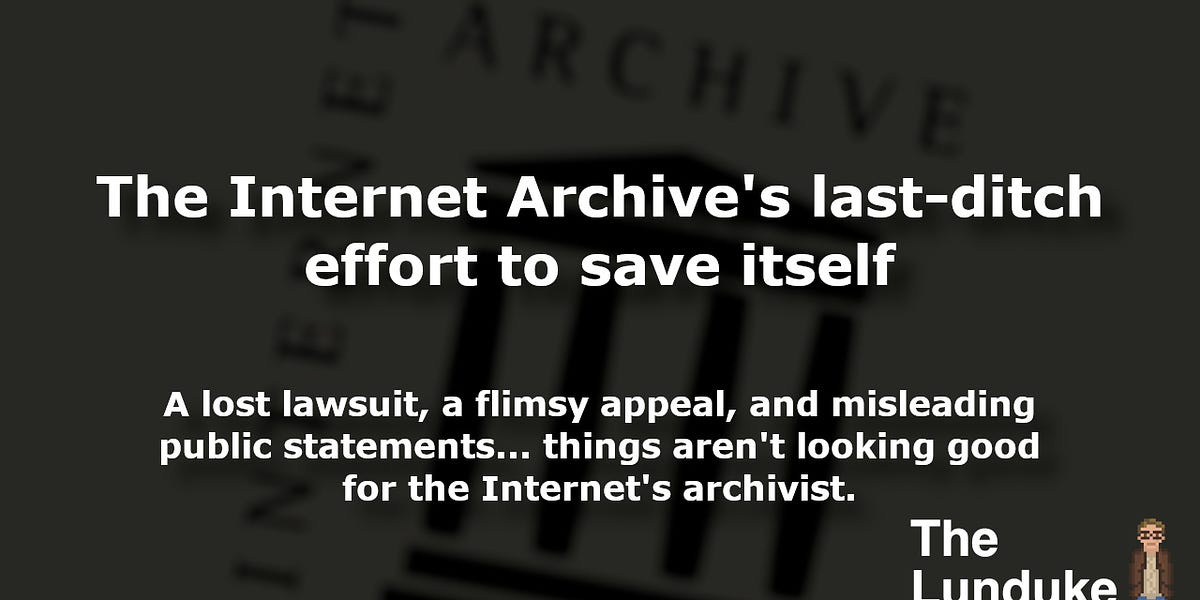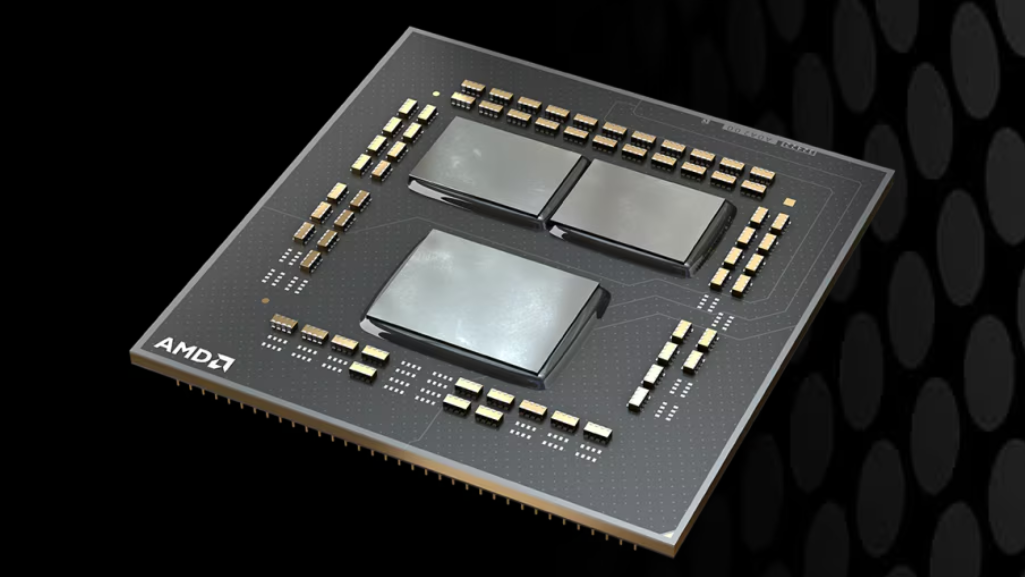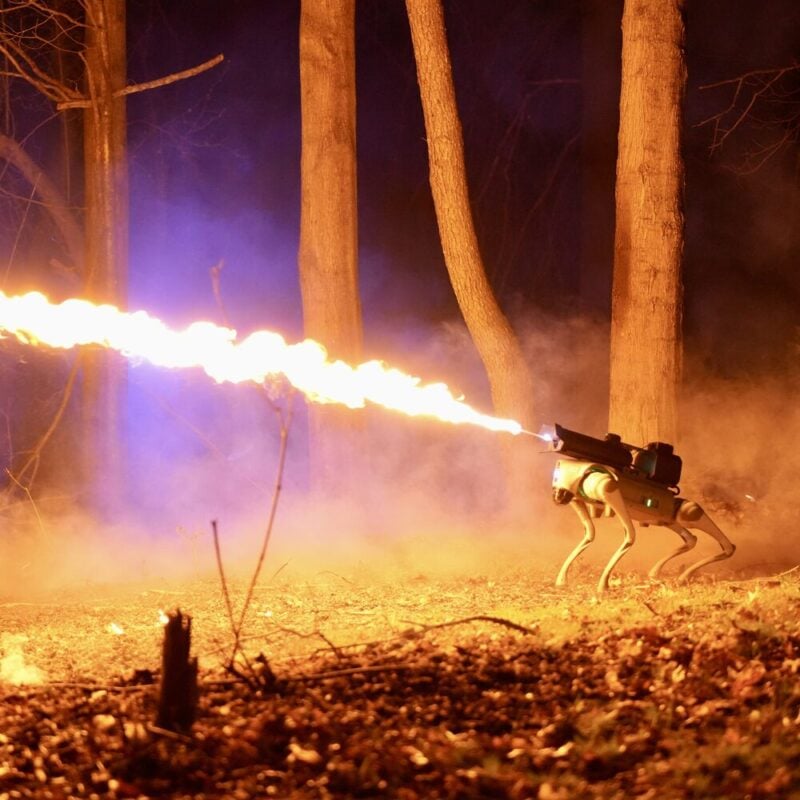
Is the Universe Discrete or Continuous?
Naval: You said that we went from atoms in the time of Democrates, down to nuclei, and from there to protons and neutrons, and then to quarks. It’s particles all the way down, to paraphrase Feynman. We can keep going forever. But it’s not quite forever, right? At some point you run into the Planck length.
Brett: There’s the Planck time, there’s the Planck length, there’s even the Planck mass, which is actually quite a large mass. These things don’t have any physical significance. It’s not like the Planck time is the shortest possible time, and it’s not like the Planck length is the shortest possible length. The reason for that is because these Planck things are part of quantum theory. But length is not described by quantum theory. It’s described by the general theory of relativity. And in that theory, space is infinitely divisible. There is no smallest possible length or time.
This illuminates an ancient tension between the discrete and the continuous. Quantum theory seems to suggest that things are discrete. For example, there’s the smallest possible particle of gold, the gold atom. There’s the smallest possible particle of electricity, the electron. There’s the smallest possible particle of light, the photon. In quantum theory, we have this idea of discreteness, that there is the smallest possible thing from which everything else is built.

























